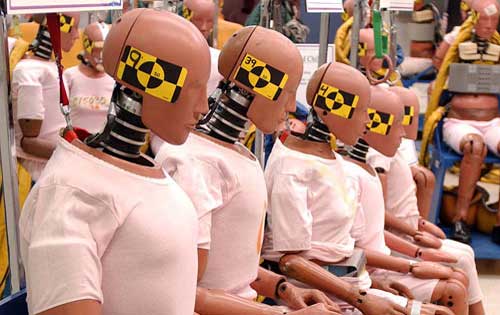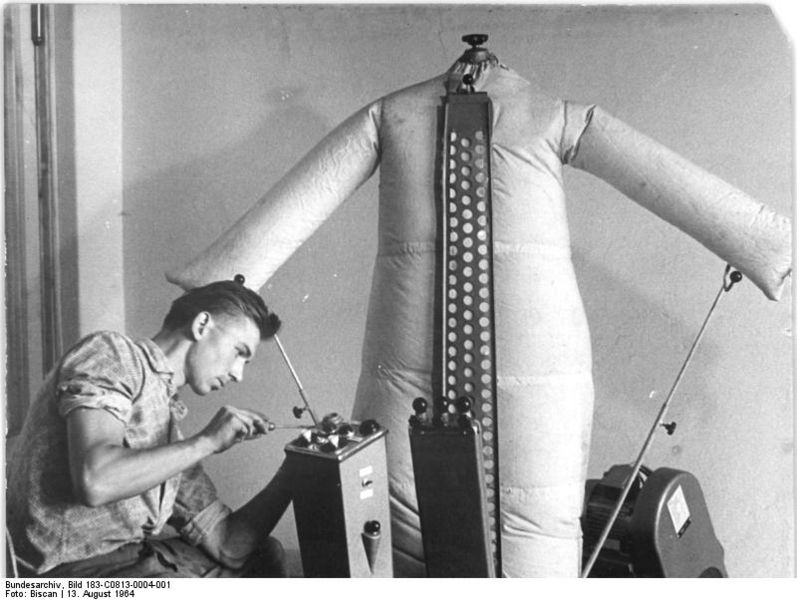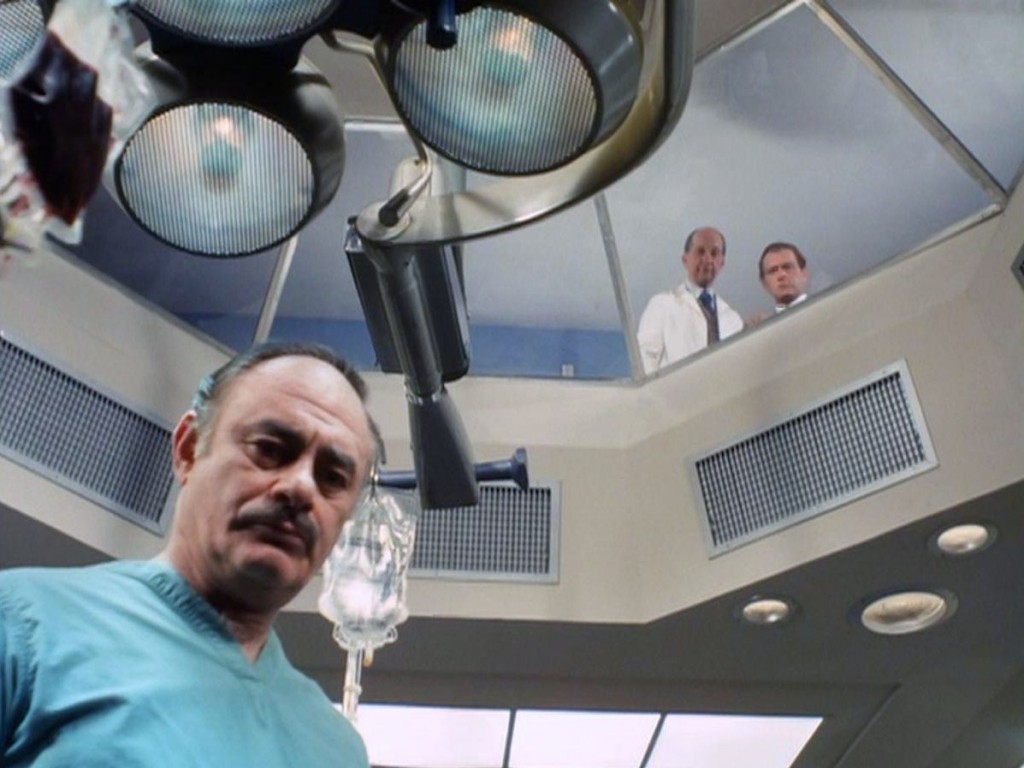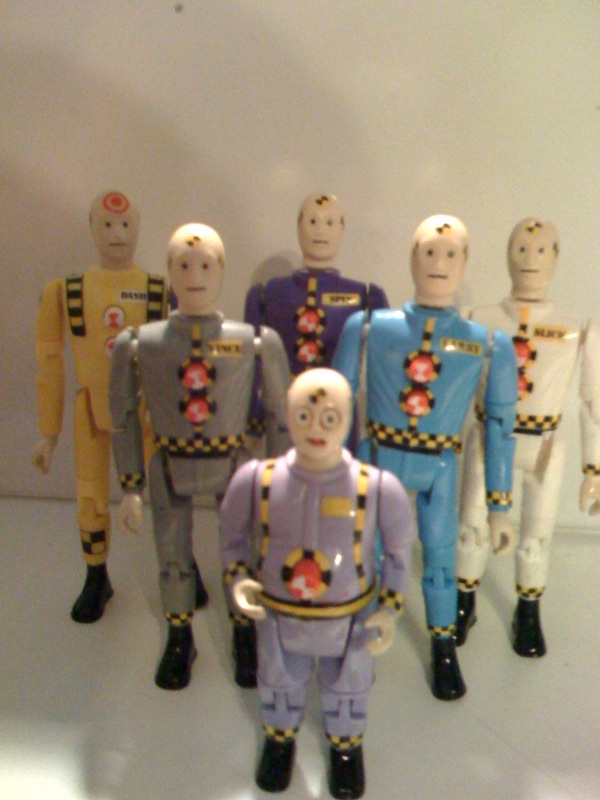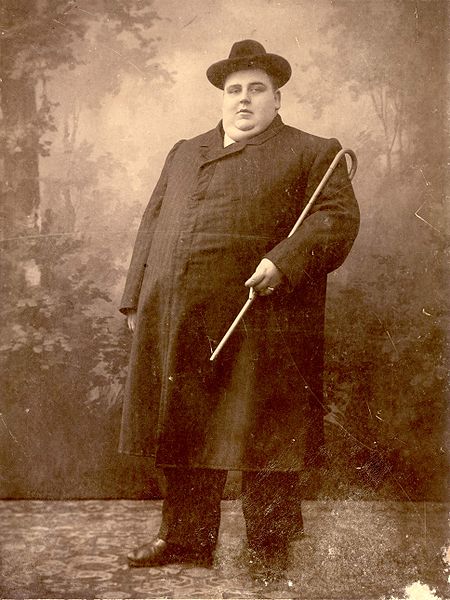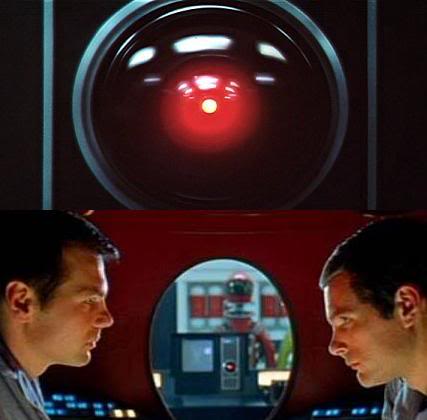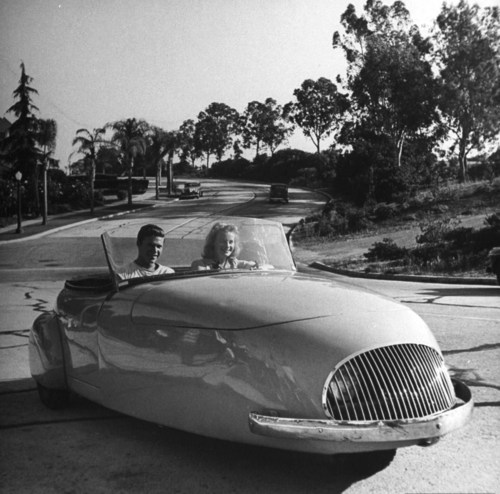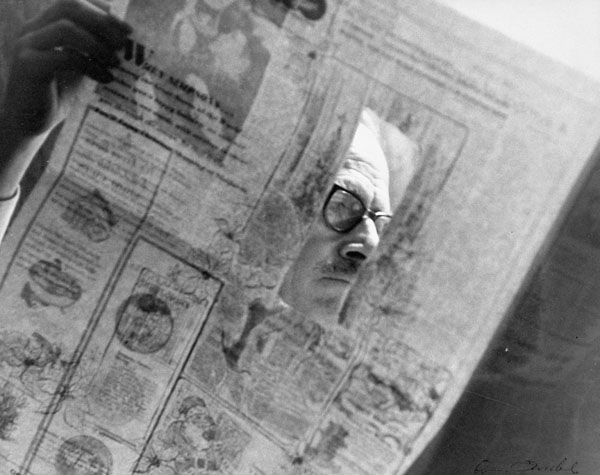
I was taken aback–and perhaps you were?–when I heard that Bennett Miller had cast Steve Carrell as John du Pont in Foxcatcher, the forthcoming film about the wealthy benefactor of amateur wrestling, a schizophrenic whose money kept treatment at a distance, who descended into utter madness in the 1990s, and ultimately murdered Olympic hero David Schultz. The heavily armed du Pont, who’d played host to underdog sports since the 1960s, was arrested only after a two-day stand-off with the police. The opening of “A Man Possessed,” Bill Hewitt’s 1996 People article about the tragedy:
“Lately he had started telling people that he was the Dalai Lama. If anyone refused to address him as such, he simply refused to talk to them. That was bizarre, but then John E. du Pont, 57, a multimillionaire scion of the fabled industrial family, had always been odd. For fun he drove an armored personnel carrier around his 800-acre estate, Foxcatcher. He complained about bugs under his skin and about ghosts in the walls of the house. By and large, friends and family shook their heads, fretted about his ravings—and waited for the inevitable breakdown. ‘John is mentally ill and has been mentally ill for some time,’ says sister-in-law Martha du Pont, who is married to John’s older brother Henry. ‘But this year he really went over the edge.’
No one realized how far over until Friday afternoon, Jan. 26. Around 3 p.m., Dave Schultz, 36, a gold medalist in freestyle wrestling at the 1984 Olympics, was out working on his car at Foxcatcher, in leafy Newtown Square, Pa., 15 miles west of Philadelphia, where du Pont had established a residential training facility for top-level athletes. Suddenly du Pont pulled into the driveway of the house where Schultz lived with his wife, Nancy, 36, and their two children, Alexander, 9, and Danielle, 6. From the living room, Nancy heard a shot. When she reached the front door she heard a second. Looking out in horror, she saw a screaming du Pont, sitting in his car, extend his arm from the driver’s side window, take aim at her husband, facedown on the ground, and pump one more bullet into his body. After pointing the gun at Nancy, du Pont drove down the road to his home, leaving her to cradle her dying husband.
During the two-day standoff that ensued, some 75 police and SWAT team members surrounded the sprawling Greek-revival mansion that du Pont called home. Finally, on Sunday afternoon, du Pont emerged, unarmed, to check on the house’s heating unit, which the police had turned off, and was taken without a shot being fired. That evening, a gaunt, ashen-faced du Pont was arraigned in a Newtown Township courtroom on a charge of first-degree murder, which in Pennsylvania can carry the death penalty. As investigators tried to piece together a motive for the seemingly senseless killing, there emerged the sad, scary portrait of a man believed to be worth more than $50 million who was rich enough to indulge his madness and to put enough distance between himself and the world at large to ensure that no one really bothered him about it.”


